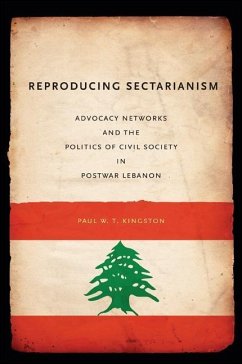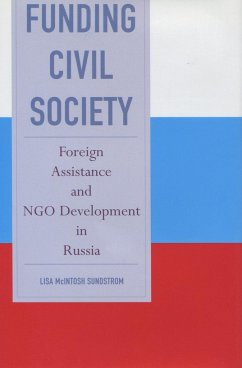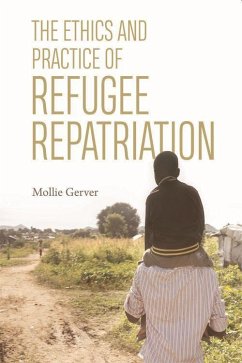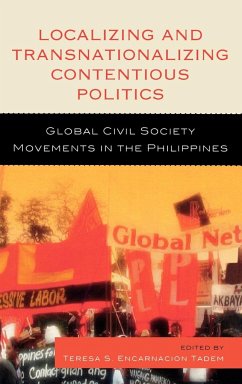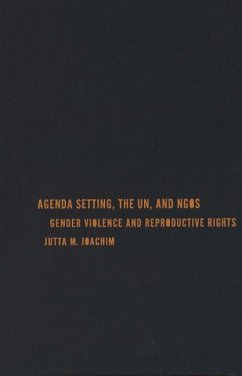
Another Japan Is Possible
New Social Movements and Global Citizenship Education
Herausgeber: Chan, Jennifer
Versandkostenfrei!
Versandfertig in über 4 Wochen
138,99 €
inkl. MwSt.

PAYBACK Punkte
69 °P sammeln!
This book looks at the emergence of internationally linked Japanese nongovernmental advocacy networks that have grown rapidly since the 1990s in the context of three conjunctural forces: neoliberalism, militarism, and nationalism. It connects three disparate literatures-on the global justice movement, on Japanese civil society, and on global citizenship education. Through the narratives of fifty activists in eight overlapping issue areas-global governance, labor, food sovereignty, peace, HIV/AIDS, gender, minority and human rights, and youth-Another Japan is Possible examines the genesis of th...
This book looks at the emergence of internationally linked Japanese nongovernmental advocacy networks that have grown rapidly since the 1990s in the context of three conjunctural forces: neoliberalism, militarism, and nationalism. It connects three disparate literatures-on the global justice movement, on Japanese civil society, and on global citizenship education. Through the narratives of fifty activists in eight overlapping issue areas-global governance, labor, food sovereignty, peace, HIV/AIDS, gender, minority and human rights, and youth-Another Japan is Possible examines the genesis of these new social movements; their critiques of neoliberalism, militarism, and nationalism; their local, regional, and global connections; their relationships with the Japanese government; and their role in constructing a new identity of the Japanese as global citizens. Its purpose is to highlight the interactions between the global and the local-that is, how international human rights and global governance issues resonate within Japan and how, in turn, local alternatives are articulated by Japanese advocacy groups-and to analyze citizenship from a postnational and postmodern perspective.



